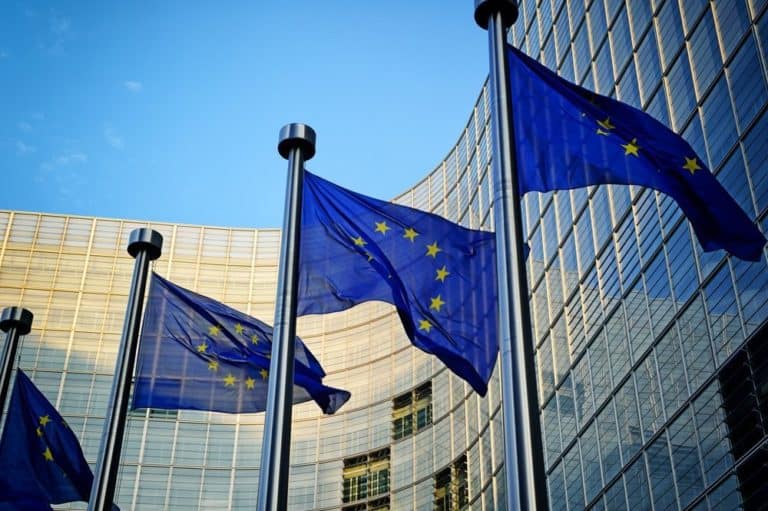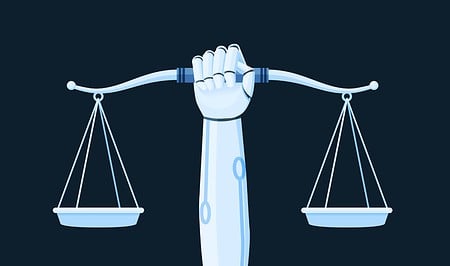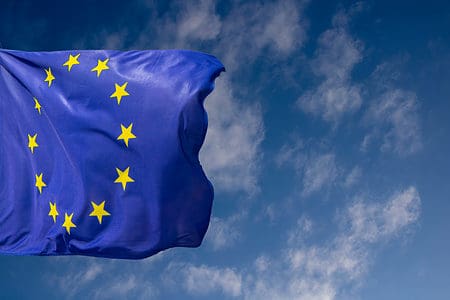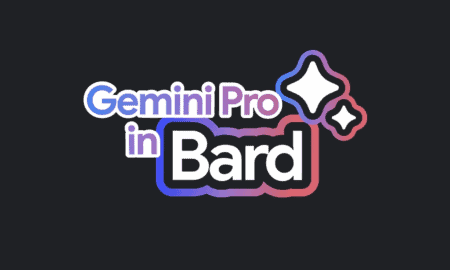The European Parliament has approved a new and controversial directive on copyright. The latter places the responsibility for what users post on a platform at that platform, and according to critics will thus encourage censorship.
The European Parliament has approved new rules on copyright. The new directive is intended to bring the now obsolete legislation into line with reality, but has been under attack from the outset because of vague wording with potentially far-reaching consequences.
The directive aims to better protect copyright online, but also to preserve the freedom of the internet. Memes or GIFs, for example, are not covered by the regulations. What the new directive does have something to say about is responsibility. In concrete terms, online platforms are held responsible for the content that their users post to them. For example, if you leave a clip with a copyright-protected song online, the copyright owner can get a story from the platform. Europe understands that it is impossible to check this manually, and believes that large platforms should then use smart upload filters.
Censorship
According to critics, including all major internet companies including Google but also Wikipedia, such filters are a utopia today. The only way to be protected as a platform from lawsuits based on user content is to set the filter strict enough so that protected content does not get through. This means that a lot of acceptable content will also be blocked. After all, a filter is not able to see the difference between a real copyright infringement or a homage or parody today.
The biggest problem with the whole story is the order. As a rule, censorship is forbidden under our constitution: action can only be taken after someone has said or shared something that effectively violates the law. EU legislation maintains the letter of that law, but not the spirit. After all, it urges platforms to take preventive action due to the threat of legal repercussions.
However, the EU is responding to some of the criticism, for example by exempting platforms with less than 5 million users, and also excluding non-profit organisations such as Wikipedia from the directive.
Publishers
The regulations also stipulate that platforms that share news articles from third parties must pay for them. Sharing links with a few words or a very short piece of text as an explanation is still possible. In doing so, the EU is responding to the demand from the European media, which were sadly watching Facebook and Google grow with the help of their articles. Anyone who wants to move a lot of text from now on will have to pay a fee for this.
The adoption of the directive took a lot of time and did not receive much support from committed public opinion. In the end, 348 MEPs voted in favour, 274 voted against and 23 abstained. Before the directive enters into force, the Member States will have to translate it into national law. There is a deadline of two years for this, although Belgium already has a flexible approach to this.
Related: European Parliament brings link tax and upload filter a step closer
This news article was automatically translated from Dutch to give Techzine.eu a head start. All news articles after September 1, 2019 are written in native English and NOT translated. All our background stories are written in native English as well. For more information read our launch article.


















